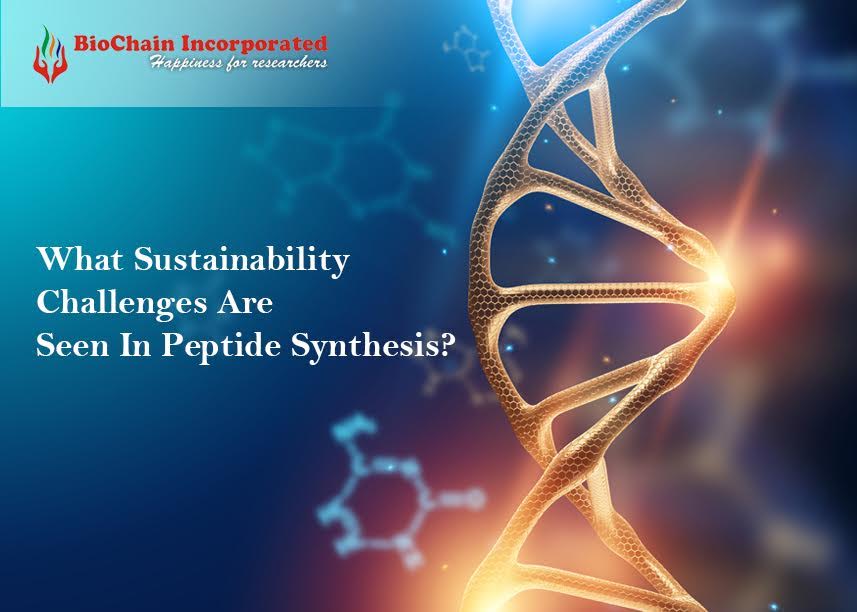What Are The Trends Originating In Solid Phase Peptide Synthesis?
Peptides refer to short chains of amino acids associated with peptide bonds. Read this blog and know about some trends in solid-phase peptide synthesis in India.
Peptides are greatly specific and also provide ceratin toxicological profiles. One can produce peptides using any of the three synthesis methods. These can be solid-phase peptide synthesis, liquid-phase synthesis, or hybrid synthesis. To know more about peptide synthesis, read this blog from the best peptide synthesis company in India.
What Is Solid-Phase Peptide Synthesis?
In simple words, solid-phase peptide synthesis refers to the most common technique for peptide synthesis. The solid support is made up of small, polymeric resin beads that function with reactive groups. It further has links to the nascent peptide chain.
An amino-protecting amino acid remains bound to a solid phase, which ends up forming a covalent bond. This reaction generally takes place between the resin and the carbonyl group, most often an ester or an amino bond. For chain elongation, the amino group remains under protection and coupling with the carboxylic acid.
The solid-phase peptide synthesis strategy appears as the synthesis of a peptide under heterogeneous conditions. The carboxyl group of the amino acid needs activation for its coupling to the resin. After the attachment of the amino acid, the resin goes for filtration and washing away for the removal of by-products.
Some Emerging Trends In Solid Phase Peptide Synthesis
-
The most common amino protecting groups that come in use are the 9-fluorenyl methoxycarbonyl (Fmoc) and the t-butyloxycarbonyl group (Boc) group. Experts generally chose the protecting functional group residing in the side chains of amino acids.
-
Although the process of solid-phase peptide synthesis is rapid, it is also a slightly expensive technique. Furthermore, it offers a straightforward approach along with top-notch scalability in longer peptides. Consequently, SPPS prevents multiple purification steps including the reagents and other impurities. Hence, it washes away after each coupling reaction or cycle.
-
Automatic solid-phase peptide purification dispenses a suitable technology for producing chemical peptides. What further helps the peptide modification process is the orthogonally of protective groups. You may also witness several modifications like the labeling with lipids and PEGs in solid-phase peptide synthesis. Protective groups for Fmoc-SPPS are wider areas of study as well as development.
-
The Fmoc/t-Bu approach has the benefit of multiple protective groups having absolutely no effect on the other protecting groups. Thus, it is a strategy that delivers more flexibility in complex peptide synthesis. Finally, these protecting groups show orthogonal features to the base-labile Fmoc-group.
On The Whole
Conduct strong and impactful research with the best Thermo fisher scientific products distributors, Biochain. They dispense genuine biological products at extremely affordable prices. Contact them today and gain a competitive advantage over your competitors.



.png)

.png)


.png)
.png)
.png)
.png)
.png)